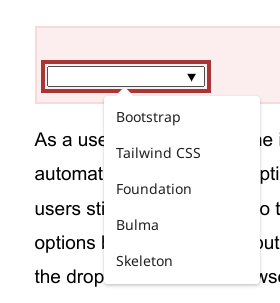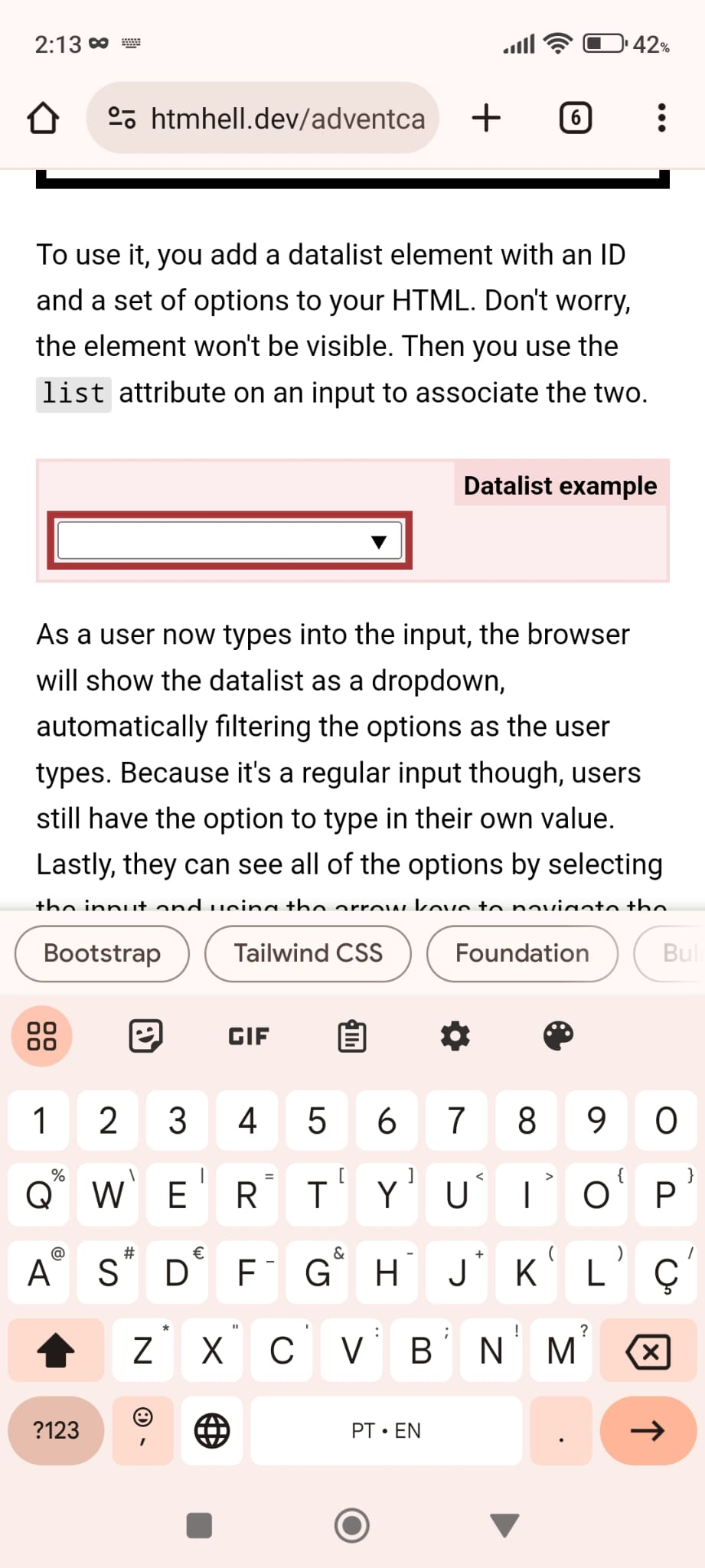

Sure, but even in those “few cases” Testing will get them soon.
I did read at some point that Testing may receive security updates later than stable, might be in those cases in which backports come straight from unstable.


Sure, but even in those “few cases” Testing will get them soon.
I did read at some point that Testing may receive security updates later than stable, might be in those cases in which backports come straight from unstable.


I don’t recommend going for (Debian’s/Devuan’s) testing (branch) as it targets a peculiar niche that I fail to understand; e.g. it doesn’t receive the security backports like Stable does nor does it receive them as soon as Unstable/Sid does. Unstable/Sid could work, but I would definitely setup (GRUB-)Btrfs + Timeshift/Snapper to retain my sanity.
From https://backports.debian.org/ :
Backports are packages taken from the next Debian release (called “testing”), adjusted and recompiled for usage on Debian stable
So by definition, security backports in stable are present in Testing in the form of regular packages, right?
Makes sense, thanks.
New to Linux: in which case would you stick with an “old-old-stable” release?
Software incompatibility?

Funny story. 50 years ago, to this very day, a revolution occurred in which Portugal took down its dictatorship.
The following day some public administrator/manager sent a letter complaining about people missing work!
Translation after the letter

Your Excellency Director General
I inform Your Excellency that yesterday, April 25, 1974, several employees were absent from work, claiming that a revolution had occurred in the country.
I clarify that this revolution was not authorized by superiors, and no justification was seen for the absences, especially as the service was considerably delayed.
As the current legislation does not provide for absences due to the occurrence of revolutions, I submit the matter to your high discretion, in the certainty that it will deserve due attention.


The band played 2 early albums + their latest one in sequence. Listening to whole albums in one go was great for many reasons.


Fellow PT-PT ISO user here. And although I use PT-PT in the OS, both my mechanical keyboards’ physical layout is DE ISO, which has most special symbols in the same place. (finding DE keyboards is easier)
I’ve considered switching to UK ISO before. Typing brackets “[] {}” and a semicolon “;” is harder in PT-PT.
Especially the curly brackets {}, which are really awkward to type with my small hands.


One that is written in C and also has a Python module: https://aubio.org/


Not a fan of datalist:
select:
Somewhat liked Chrome’s implementation in Android:

I don’t agree with the problem they aim to solve with those goals.
But today it takes several years of mastering tools and frameworks to get to that stage. HTML First principles should allow people to unlock that feeling, and level of mastery, much earlier on in their coding journey.
The onboarding process can be made easier for devs new to the project (junior or senior) with decent documentation. Just enough install/build the project in their local machine and understand the gist of the technologies.


you can easily forget to catch it and handle it properly
Even if I coded the form by hand and that happened, it’s on me, not on the programming language.
But I don’t, I use a framework which handles all that boilerplate validation for me.


When you say user, you mean a user of a function? In that case PHP would throw a TypeError, and presumably only happens when developing/testing.
If you mean in production, like when submitting a form, an Exception may be thrown. In which case you catch it and return some error message to the user saying the date string is invalid.


My point is, you won’t ever try. You’d only use “weak” variables inside the function you’re working on.
It’s explicit when you absolutely need it to be, when the function is being called and you need to know what arguments to pass and what it’ll return


I like it in modern PHP, it’s balanced. As strict or as loose as you need in each context.
Typed function parameters, function returns and object properties.
But otherwise I can make a DateTime object become a string and vice-versa, for example.
Ok, I understand what you meant, thanks.
Yeah, I wouldn’t run it in a production environment.